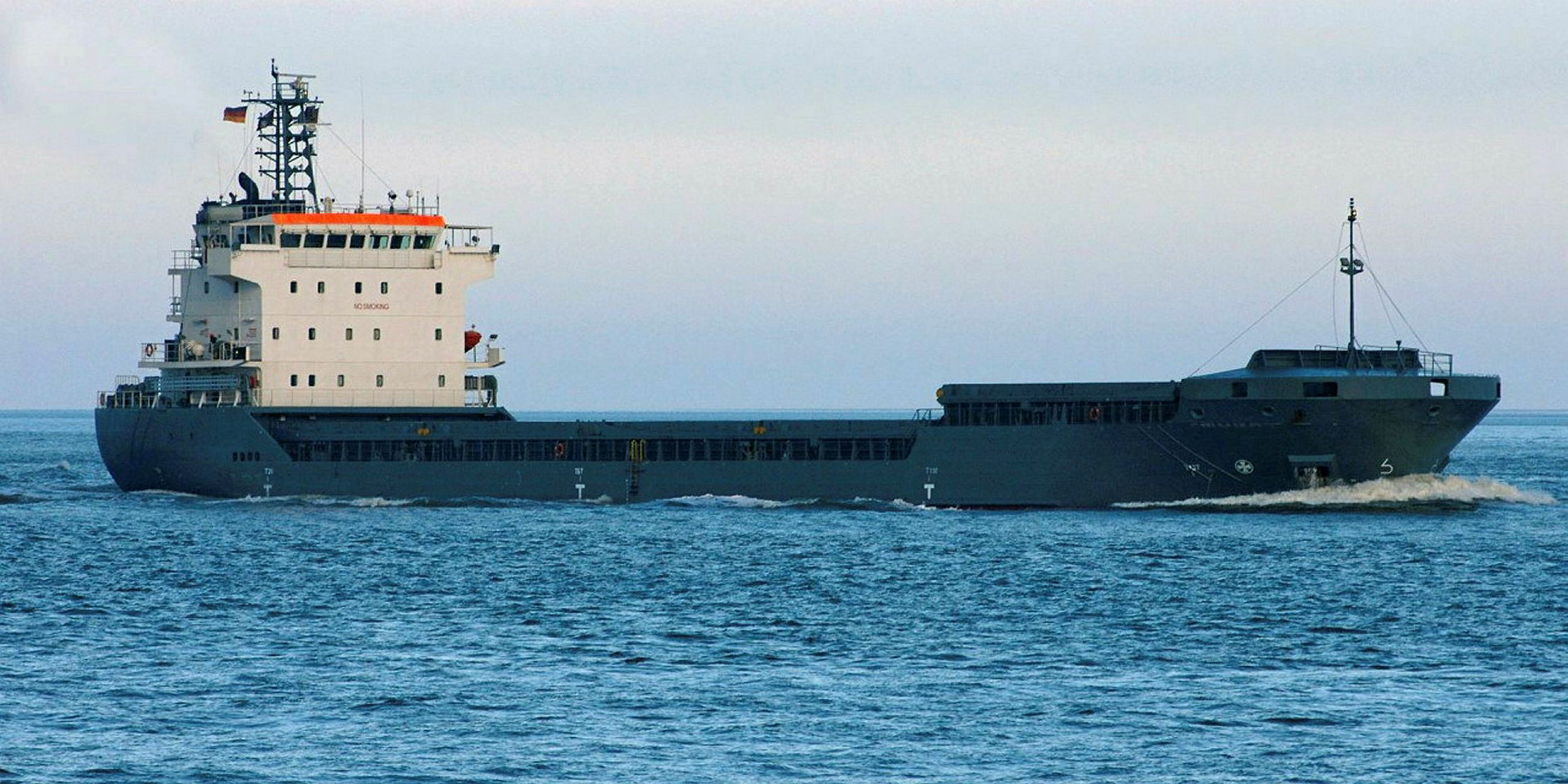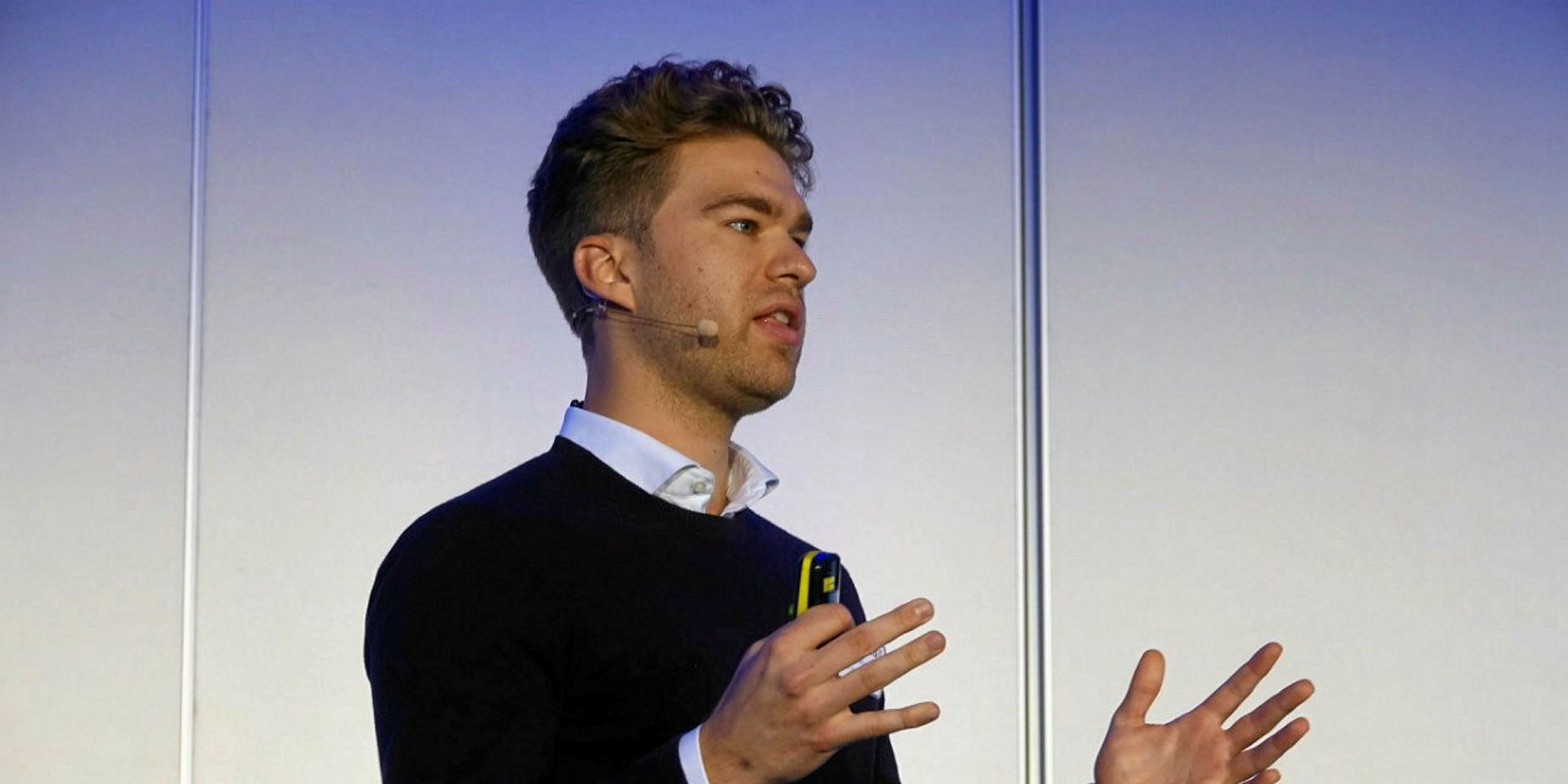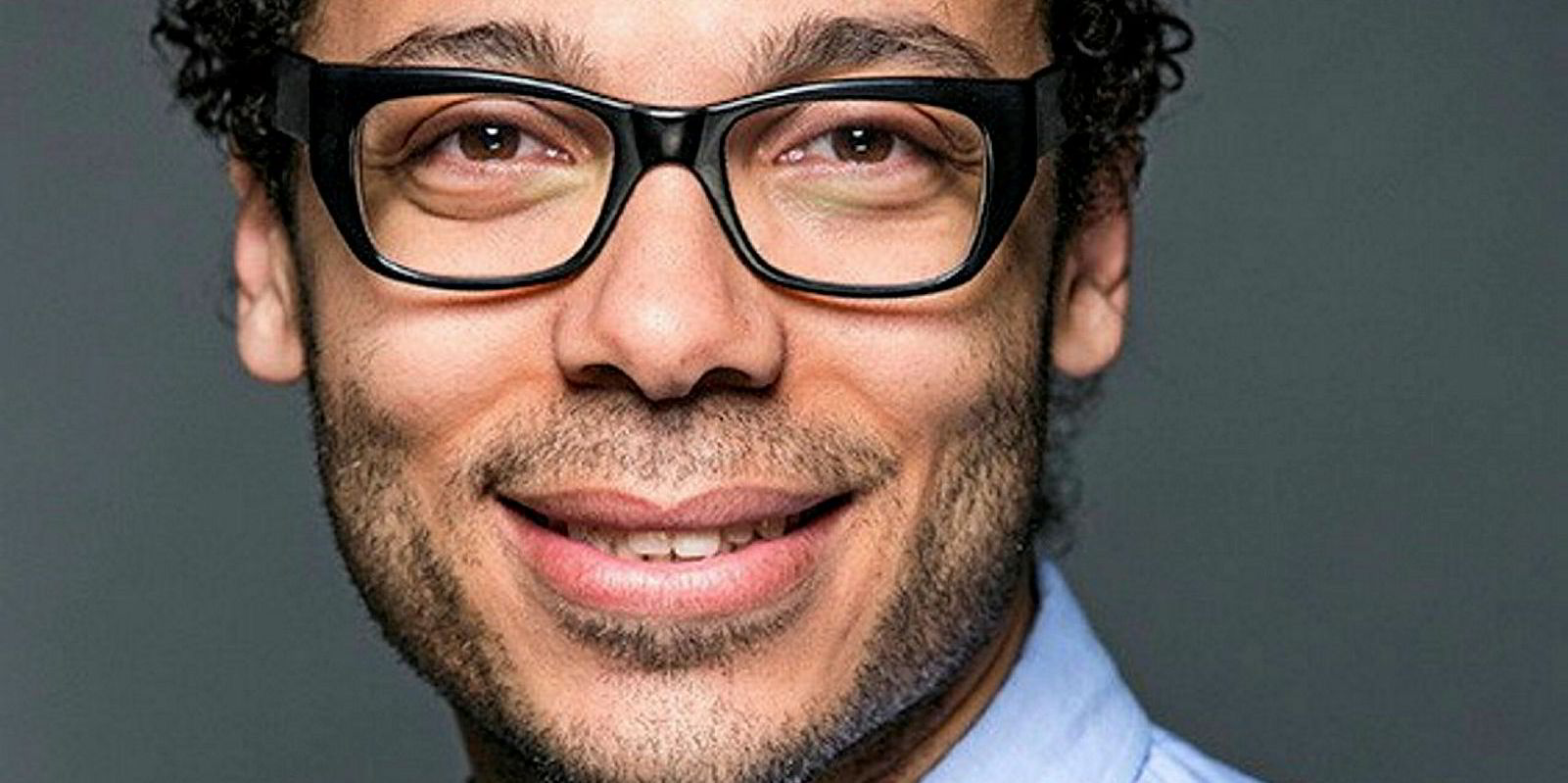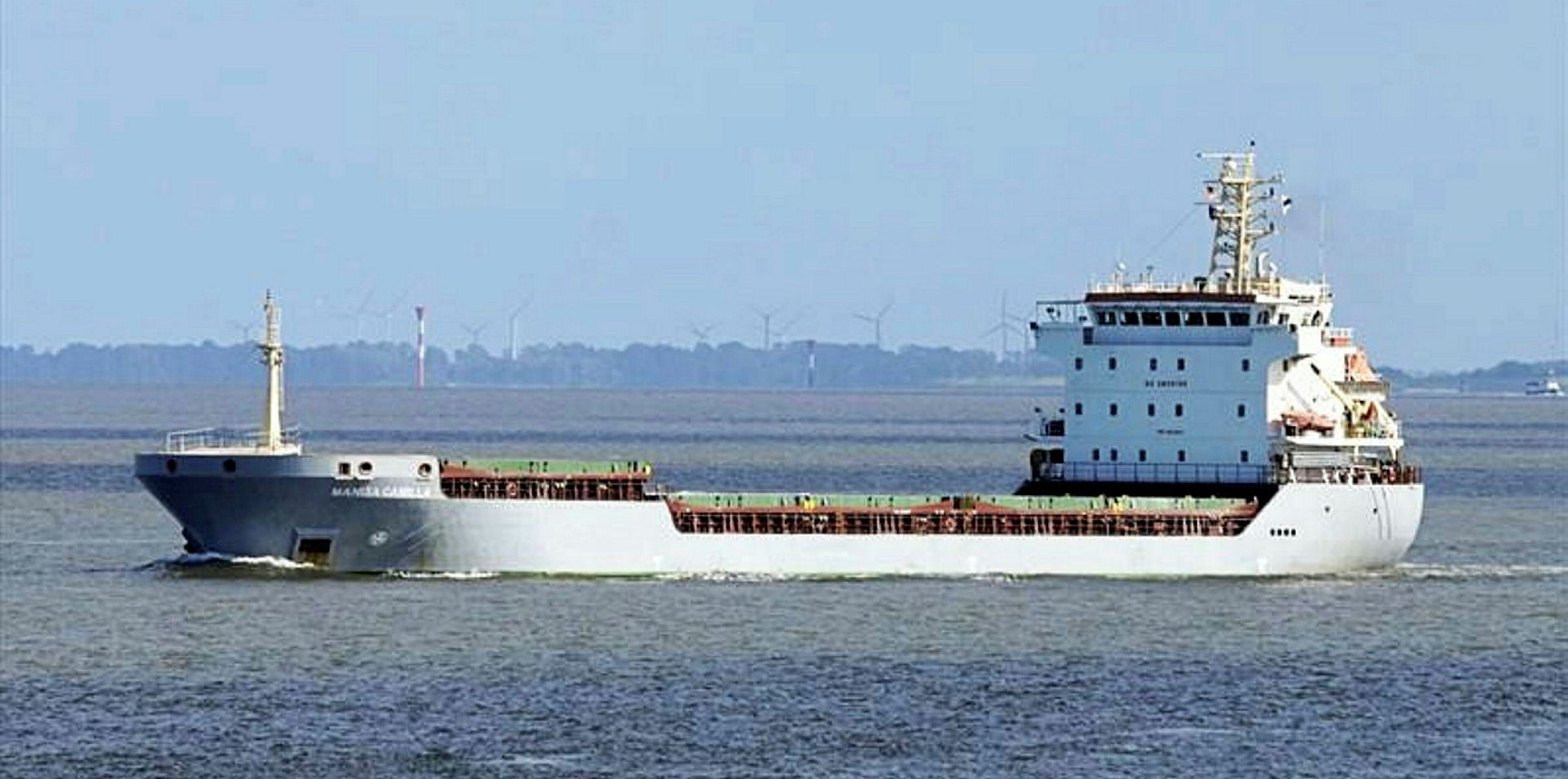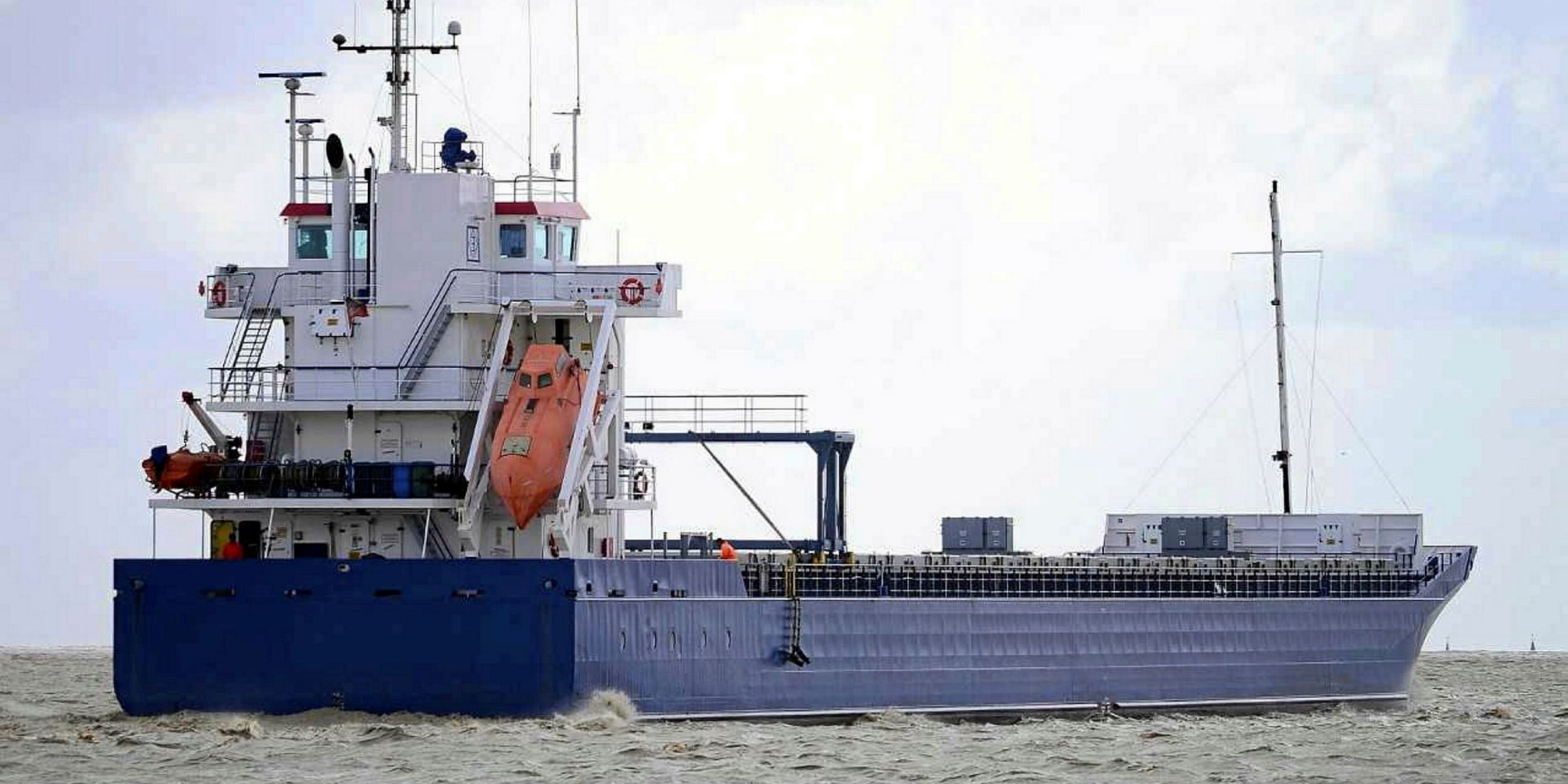German crowdsourcing ship finance platform Marvest is on a mission to restore investors' trust in shipping.
The Hamburg-based platform was launched in 2018 by managing director Nikolaus Reus and domestic shipowner Ernst Russ Group.
It has since raised money to refinance three cargoships from small retail investors.
The latest deal involved Norwegian shipowner EOS Bulk Invest's 8,100-dwt bulker Manisa Floyen (built 2006) and brought in €2m ($2.2m) of cash.
This marked a change for the company in that the finance is a senior loan via a feeder fund that holds a first preferred mortgage in favour of the investors, increasing their security. This is registered in the Portuguese ship register.
The loan carries 6.5% of interest per year over 61 months.
The first two projects — the FL Schiffahrt-owned, 5,800-dwt general cargoship FL Levante (built 2005) and Auerbach Schiffahrt-owned, 12,600-dwt MPP Louise Auerbach (built 2007) — were funded by Marvest investors through junior loans.
"We are in the process of regaining investors' trust towards the shipping industry, especially in Germany," Reus told TradeWinds.
"We have learned that especially retail investors, who are suffering from negative interest rates within the euro currency countries, resulting from quantitative easing by the European Central Bank, [are] urgently looking for investment opportunities with a balanced risk/return profile."
Dependent on fresh capital
"That’s why we want to match their investment requirements and offer them a high-yield, fixed-interest product with an underlying security in form of a first preferred registered mortgage."
Reus explained the industry is highly dependent on fresh capital for investment in fleet modernisation and newbuildings — and that his company can disrupt the current funding model.
With Marvest, he said, "besides a fully digitised investment and reporting process, any investor gets superior access to the listed shipping assets and can invest with smaller ticket sizes, which makes it easier to regain investors' trust in the industry".
He added: "Moreover, the reach to different investors over the internet is indisputably higher and more efficient than over offline sales channels. In this way we can acquire and convince new investors to come back to ship investments and consider them as a portfolio diversification alternative."
KG or not KG?
Asked how the company differs from a German KG (limited partnership) funding model, the company explained that investors provide a loan as a creditor and don’t become shareholders as in a KG.
“In this aspect, our business model differs from the KG system,” Reus said. “Moreover, our debt capital products are neither opted towards tonnage tax nor can a loss be carried forward in a tax declaration.
"But it is similar to the KG system as we offer our products to retail, semi-professional and professional investors."
To get this far has been a long road, Reus said.
"Building up a financial technology company is very extensive as the financial industry faces strong regulations, especially in terms of the issuance of new investment products," he added.
Marvest has now closed a first seed capital round and raised an equity tranche with two highly experienced business angels in the fields of shipping and venture capital development.
"We want to establish Marvest as the digital one-stop shop for ship finance and offer debt capital as well as equity to the industry," Reus said.
Growth planned
The two decisive expansion factors for the company are a growing and reputable track record and a better understanding by investors of ships as an asset class.
"That’s why we invest a significant amount of capital into our sales and marketing department, and use our reach to bring our platform and products closer to our target group," Reus said.
The company is happy with the first year of operations. In the medium term, it intends to expand the business model and provide bigger capital tranches to the market.
"We have to fulfil a certain expectation [of] management to the shipowners; that’s why are currently raising capital for smaller ships," Reus said.
"Our investors' network is growing from day to day, which automatically enables us to raise more capital within a shorter period. The reach over a digital platform to different investor groups is way more efficient over the internet and a state-of-the-art way to regain investor's trust for the shipping industry."
The FL Levante deal saw it raise €350,000, while the Louise Auerbach saw it raise €1.1m in what was then a pilot crowdfunding venture, the first of its kind in Germany.
